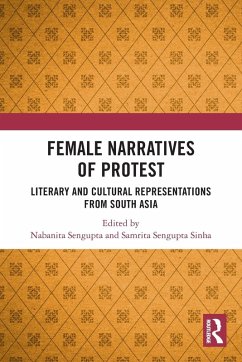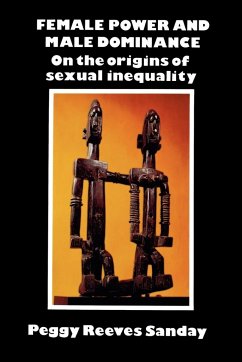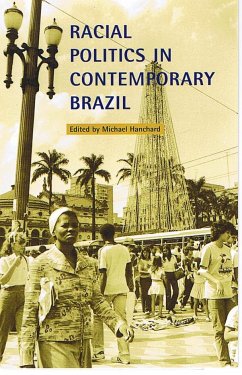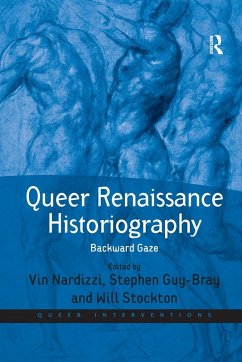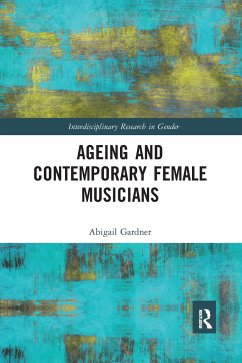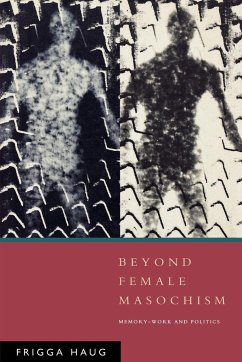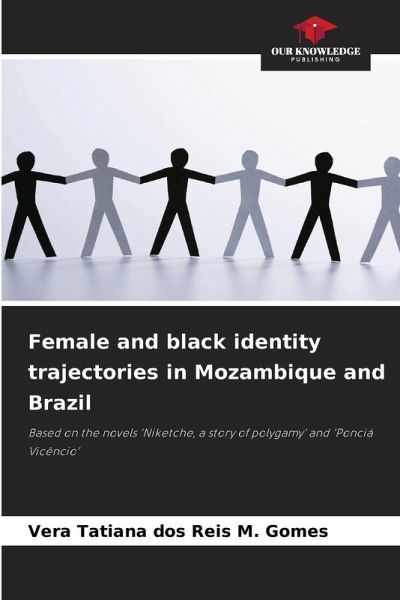
Female and black identity trajectories in Mozambique and Brazil
Based on the novels 'Niketche, a story of polygamy' and 'Ponciá Vicêncio'
Versandkostenfrei!
Versandfertig in 6-10 Tagen
30,99 €
inkl. MwSt.

PAYBACK Punkte
15 °P sammeln!
The study of writings from the perspective of black women, their art, strategy and political vision contributes to affirming the black female experience from a perspective that differs from submission or the crystallisation of stereotypes, recognising a necessary tension between equality and difference, between individual rights and group identities, so that more democratic results can be achieved through insubordination and identity resistance. In view of this, we sought to investigate the forms of sexist and racist exclusion that persist in Mozambique and Brazil, through a relational approac...
The study of writings from the perspective of black women, their art, strategy and political vision contributes to affirming the black female experience from a perspective that differs from submission or the crystallisation of stereotypes, recognising a necessary tension between equality and difference, between individual rights and group identities, so that more democratic results can be achieved through insubordination and identity resistance. In view of this, we sought to investigate the forms of sexist and racist exclusion that persist in Mozambique and Brazil, through a relational approach between the perspectives of two writers, the Mozambican Paulina Chiziane and the Brazilian Conceição Evaristo, focusing, on the one hand, on the characters in the novels 'Niketche, uma história de poligamia' (Niketche, a story of polygamy) and 'Ponciá Vicêncio' and, on the other, on the political stance of the authors themselves as activists.




